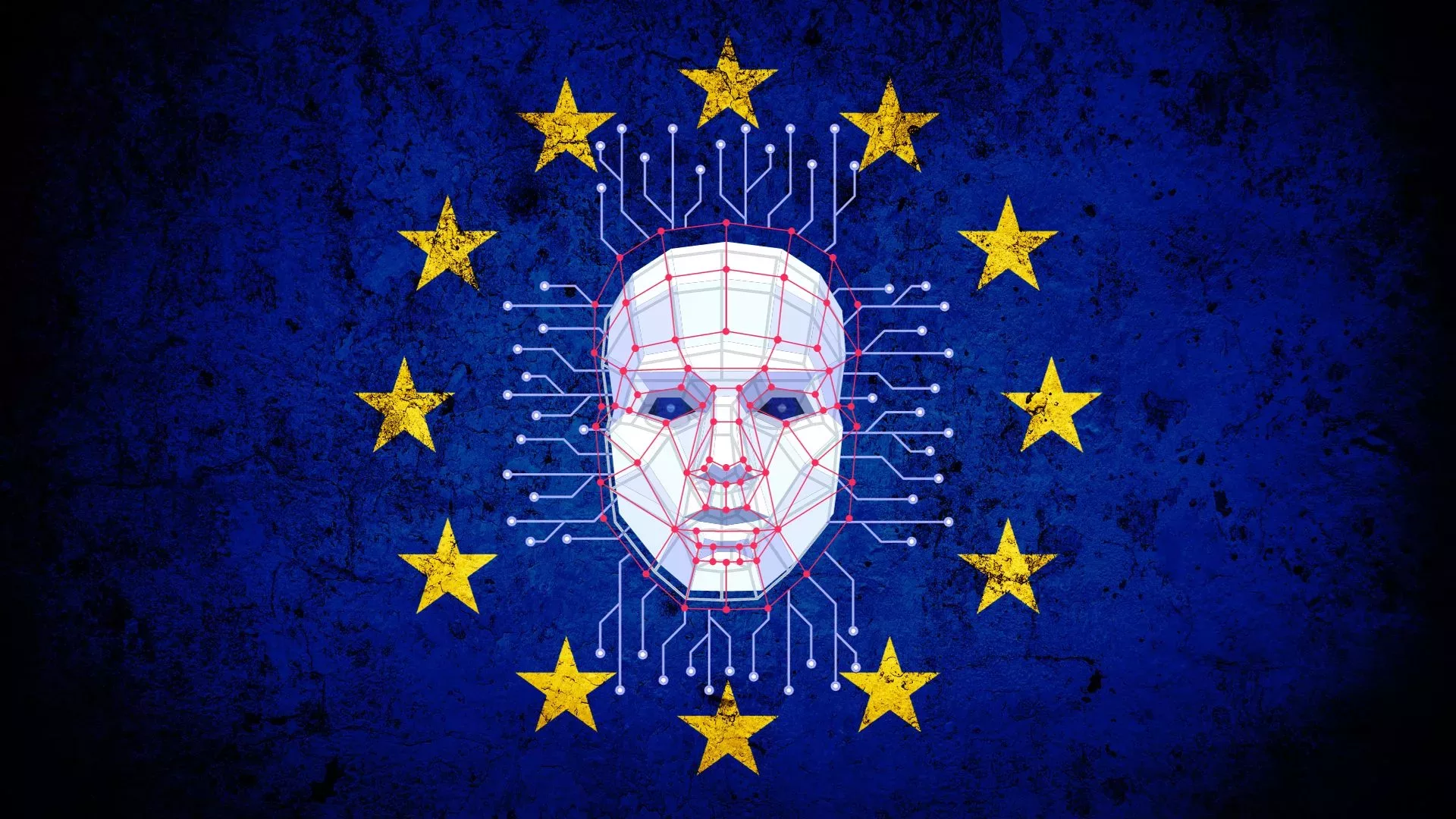The European Union has announced an ambitious new “Apply AI Strategy,” a sweeping initiative designed to reduce Europe’s reliance on artificial intelligence technologies from the United States and China. The move marks one of the most assertive digital policy shifts in the bloc’s history, reflecting growing gamzix slots geopolitical tensions and an urgent desire to secure technological sovereignty.
Under the proposal, the EU plans to allocate at least one billion euros from existing funds to accelerate the development and deployment of homegrown AI across vital industries, including healthcare, defense, manufacturing, and public administration. The idea is to position artificial intelligence as a core strategic asset for Europe — not merely a tool of innovation, but a foundation for economic competitiveness and digital independence.
A key component of the plan focuses on promoting open-source AI models and platforms. By encouraging collaboration and transparency, Brussels aims to empower startups and smaller companies that struggle to compete with tech giants like OpenAI, Google, and Baidu. European AI leaders such as Mistral in France and Helsing in Germany are already gaining global attention, but they remain dependent on U.S. cloud infrastructure and hardware from Nvidia and other non-European suppliers.
The timing of this initiative is not coincidental. With China’s rapid advancements in AI research and the return of Donald Trump to the U.S. presidency — raising uncertainties about future technology cooperation — European officials see a narrowing window to secure the continent’s digital autonomy. By investing directly in infrastructure, compute capacity, and education, the EU hopes to close the gap and establish a sustainable AI ecosystem rooted in European values of transparency, accountability, and privacy.
When EU technology chief Henna Virkkunen formally presents the final version of the strategy later this year, the world will be watching closely. The outcome could redefine how governments procure AI systems, reshape industrial policy, and potentially shift the global balance of power in the race for artificial intelligence leadership.
